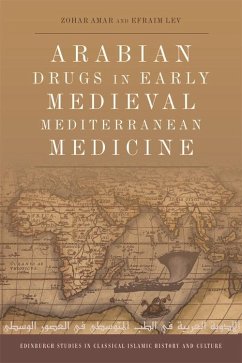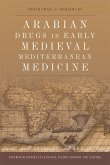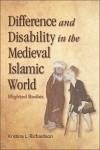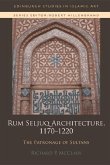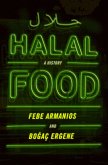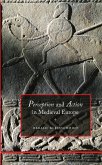For more than one thousand years Arab medicine held sway in the ancient world, from the shores of Spain in the West to China, India and Sri Lanka (Ceylon) in the East. This book explores the impact of Greek (as well as Indian and Persian) medical heritage on the evolution of Arab medicine and pharmacology, investigating it from the perspective of materia medica - a reliable indication of the contribution of this medical legacy. Focusing on the main substances introduced and traded by the Arabs in the medieval Mediterranean - including Ambergris, camphor, musk, myrobalan, nutmeg, sandalwood and turmeric - the authors show how they enriched the existing inventory of drugs influenced by Galenic-Arab pharmacology. Further, they look at how these substances merged with the development and distribution of new technologies and industries that evolved in the Middle Ages such as textiles, paper, dyeing and tanning, and with the new trends, demands and fashions regarding spices, perfumes, ornaments (gemstones) and foodstuffs some of which can be found in our modern-day food basket.
Dieser Download kann aus rechtlichen Gründen nur mit Rechnungsadresse in A, B, BG, CY, CZ, D, DK, EW, E, FIN, F, GR, HR, H, IRL, I, LT, L, LR, M, NL, PL, P, R, S, SLO, SK ausgeliefert werden.

